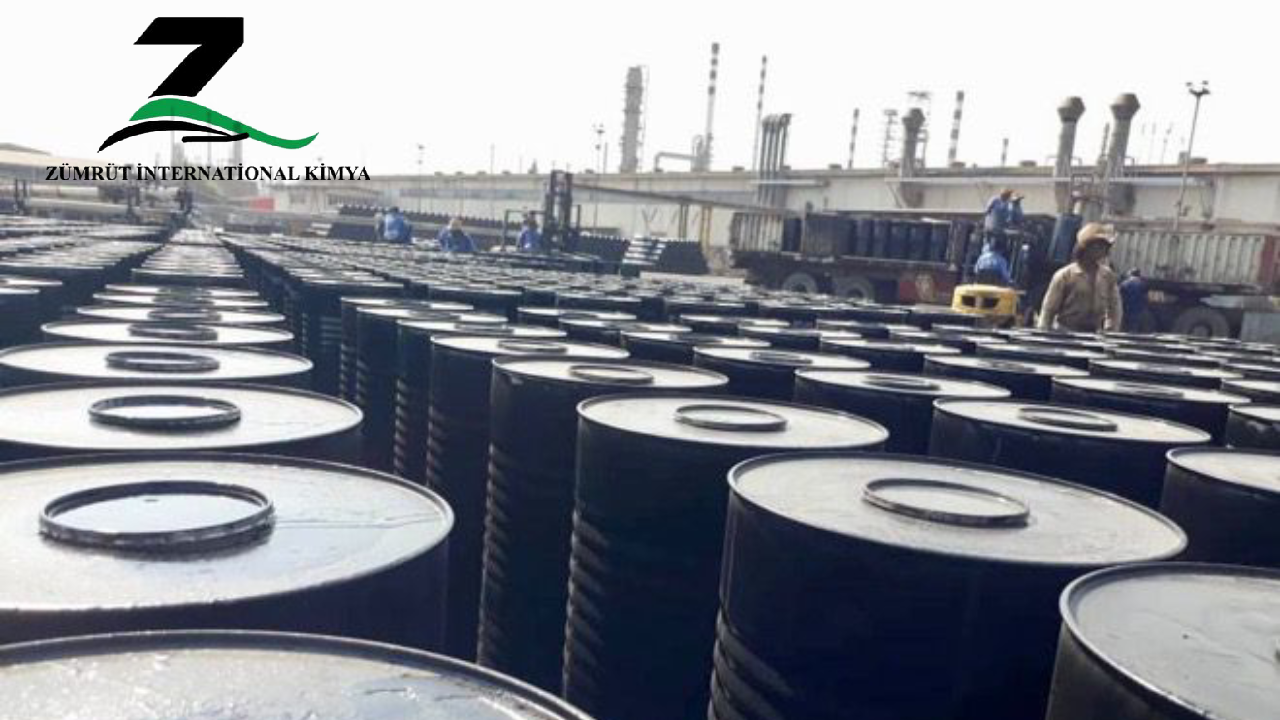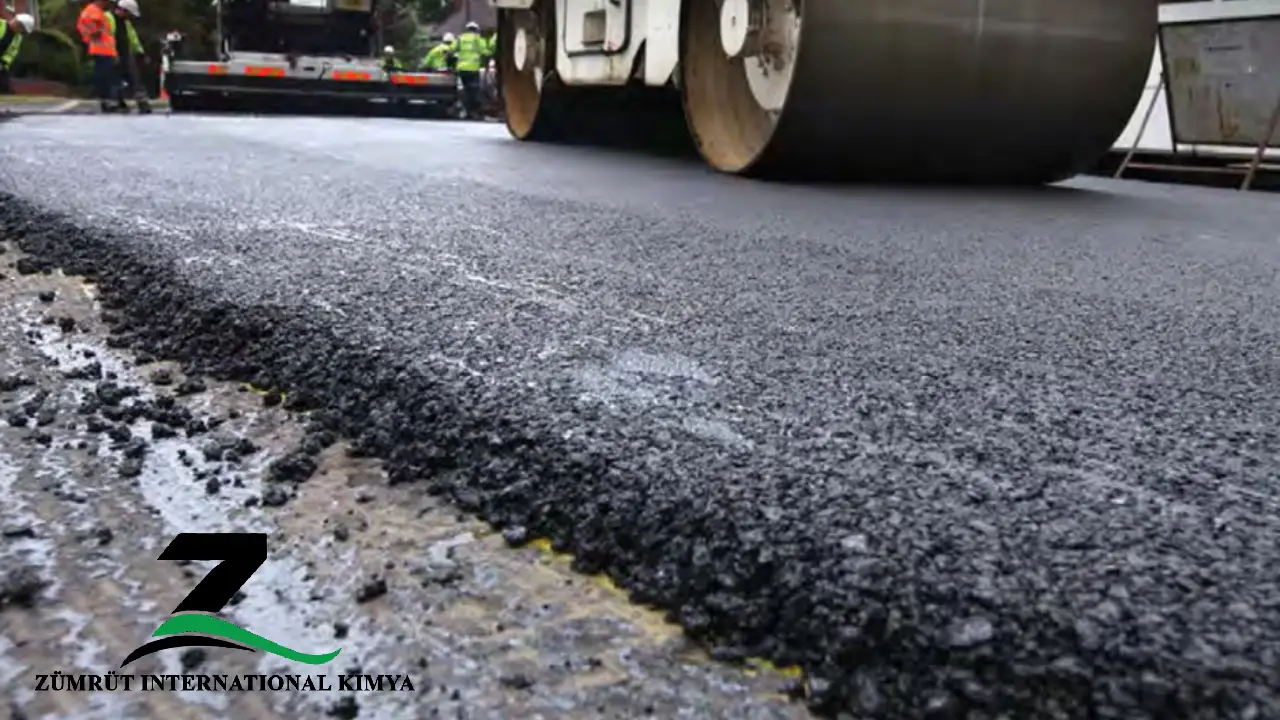
Bitumen AC20 Descriptions
Bitumen AC20 is a viscosity-graded asphalt cement with a viscosity of approximately 2000 poises at 60°C. It is part of the “AC” (Asphalt Cement) grading system defined by the ASTM D3381 and AASHTO M226 standards. AC20 is a harder, more viscous binder than AC10, making it ideal for high-traffic roads and hot climate conditions where greater resistance to deformation (rutting) is needed.
Technical Characteristics:
- Grade: AC20 (Asphalt Cement 2000 poises @ 60°C)
- Viscosity @ 60°C: 2000 ± 400 poises
- Penetration @ 25°C: Lower than AC10 (harder binder)
- Softening Point: ~50–60°C
- Solubility in Trichloroethylene: > 99%
- Flash Point (COC): > 230°C
- Ductility @ 25°C: Typically > 100 cm
Applications of Bitumen AC20
Bitumen AC20 is a high-viscosity asphalt binder designed for use in hot climates and heavy traffic conditions. Its higher stiffness compared to AC10 makes it ideal for situations where resistance to deformation and durability are critical.
1-High-Traffic Roads & Highways
- Used in hot mix asphalt (HMA) for the construction of highways, expressways, and major arterial roads.
- Provides long-lasting performance under heavy vehicle loads.
2-Airport Runways and Taxiways
- Suitable for areas that require high shear and pressure resistance, such as aircraft landing and takeoff zones.
3-Bus Lanes & Intersections
- Withstands frequent stopping, turning, and heavy axle loads, reducing the risk of rutting and surface damage.
4-Industrial and Port Roads
- Ideal for pavements exposed to heavy machinery, container trucks, and forklifts.
5-Base and Binder Courses
- Commonly used in lower pavement layers where load distribution and structural strength are essential.
6-Hot Climate Regions
- AC20 performs well in tropical and desert environments by maintaining stiffness and minimizing flow or bleeding at high temperatures.
7-Urban Infrastructure
- Used in construction of city streets, overpasses, and roundabouts that handle continuous traffic flow.

Why Choose AC20?
- High rutting resistance
- Suitable for high-temperature regions
- Long-lasting under heavy axle loads
- Supports high-volume traffic with reduced maintenance needs
Difference Between Bitumen AC20 and AC30
Bitumen AC20 and Bitumen AC30 are both viscosity-graded asphalt cements, but they differ mainly in viscosity, stiffness, and performance under load and temperature conditions. The number refers to the viscosity in hundreds of poises at 60°C (i.e., AC20 ≈ 2000 poises, AC30 ≈ 3000 poises).
AC20:
- Highways, expressways in hot to moderate climates
- Suitable for heavy traffic, including trucks and buses
- Offers a balance of durability and flexibility
AC30:
- Roads with very heavy or continuous axle loads
- Industrial zones, ports, and military roads
- Ideal for extremely hot climates where rutting is a major concern
Packaging, Handling and Storage
- Packaging: Typically packaged in barrels or tanks to maintain product integrity.
- Handling: Adhere to safety protocols and use appropriate equipment to avoid accidents and spills.
- Storage: Store in a cool, dry place away from direct sunlight and heat sources to preserve properties and prolong shelf life.
Specification of Supplier Bitumen AC20
| Property | Units | AC-20 | TEST METHOD |
| Viscosity, 140°F (60°C) | P | 2000± 400 | ASTM D-2171 |
| Viscosity, 275°F (135°C), Min | cSt | 210 | ASTM D-2171 |
| Penetration, 77°F (25°C), 100g, 5sec, Min | 0.1 MM | 40 | ASTM D-5 |
| Flash point, Cleveland open cup, Min | °C | 232 | ASTM D-92 |
| Solubility in trichloroethylene, Min | %Wt. | 99 | ASTM D-2042 |
| Tests on residue from thin-film oven test: | |||
| Viscosity, 140°F (60°C), Max | P | 10000 | ASTM D-2171 |
| Ductility, 77°F (25°C), 5cm/min, Min | CM | 20 | ASTM D-113 |
Specification of Supplier Bitumen AC20



